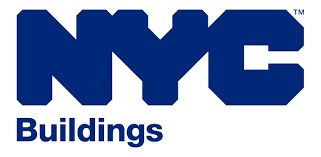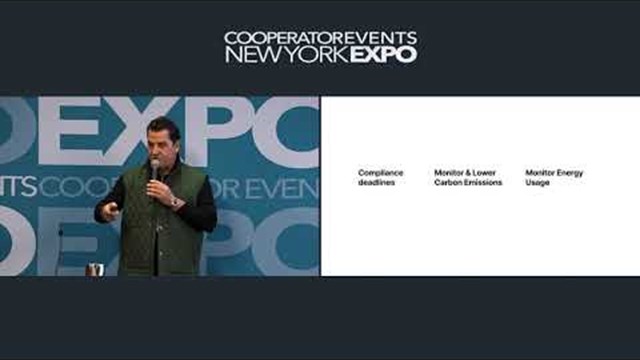
The New York City Department of Buildings (DOB) has released its 2021 Covered Buildings List for benchmarking compliance. All properties on this list must submit a benchmarking report of their 2020 utilities data by May 1, 2021. As a reminder, New York City's Benchmarking Law requires owners of properties that are 25,000 square feet or larger to annually submit their building's annual energy and water usage to the EPA's Portfolio Manager website at energystar.gov/benchmark.
Con Edison and National Grid Customers: Con Edison and National Grid strongly recommend that customers request their building's utilities data by April 15 to allow enough time to meet the May 1 filing deadline.
Violations for Failure to Comply: Buildings that do not submit their benchmarking reports by May 1 will face a $500 penalty each quarter until the report is filed, with a maximum of $2,000 per year.
Energy Efficiency Grades: Based on the benchmarking data submitted, buildings will be assigned energy efficiency grades. Energy Efficiency Rating Labels noting these grades must be posted in a public entrance of the building by October 31 of each year. The labels are available in the DOB NOW Public Portal annually on October 1. Failure to comply will result in a DOB violation and an annual fine of $1,250.
Around the Corner: Benchmarking is a crucial step in the process of ensuring that your building complies with Local Law 97 of 2019 - part of the Climate Mobilization Act that sets increasingly stringent carbon emissions caps with aggressive and steep fines for buildings that fail to comply. The first compliance deadline is May 1, 2025, and buildings must meet their target emissions targets by the end of 2024, which is now less than three years away. Identifying and implementing carbon reduction measures and energy upgrades can be a multi-year process; we recommend that you work with a registered design professional as soon as possible to prepare, and avoid steep penalties over the coming years.
For more information, visit RAND's Fact Sheet on New York City Benchmarking Law.









Leave a Comment